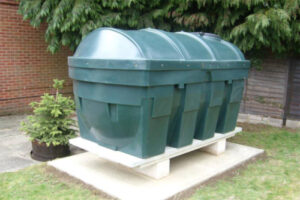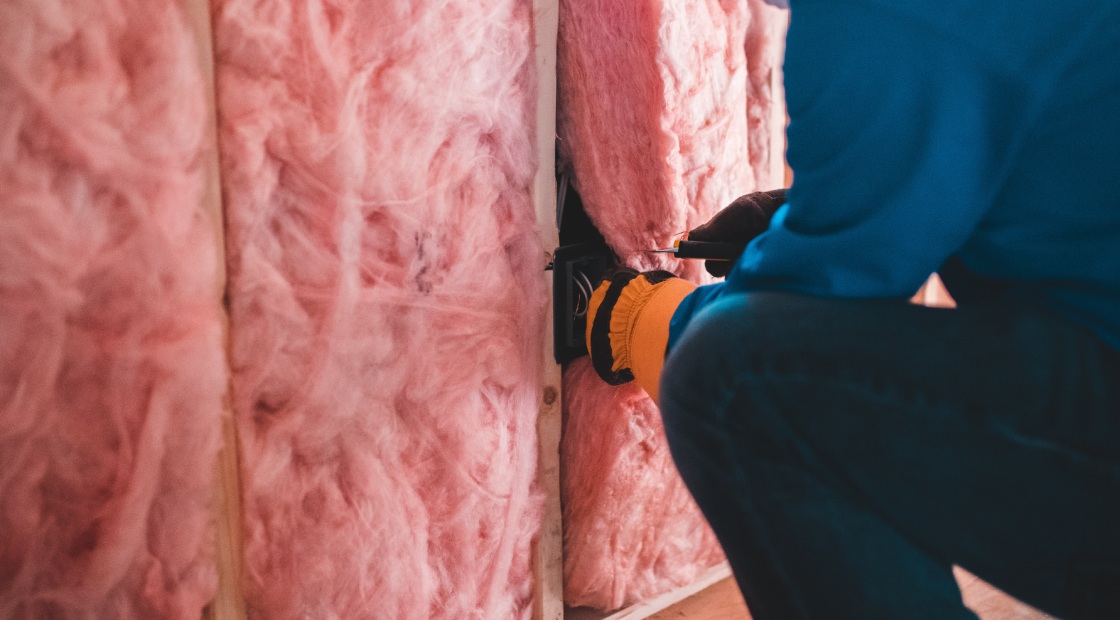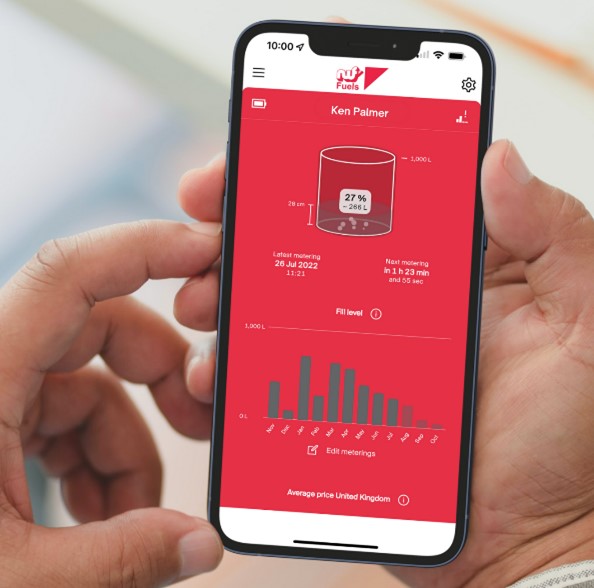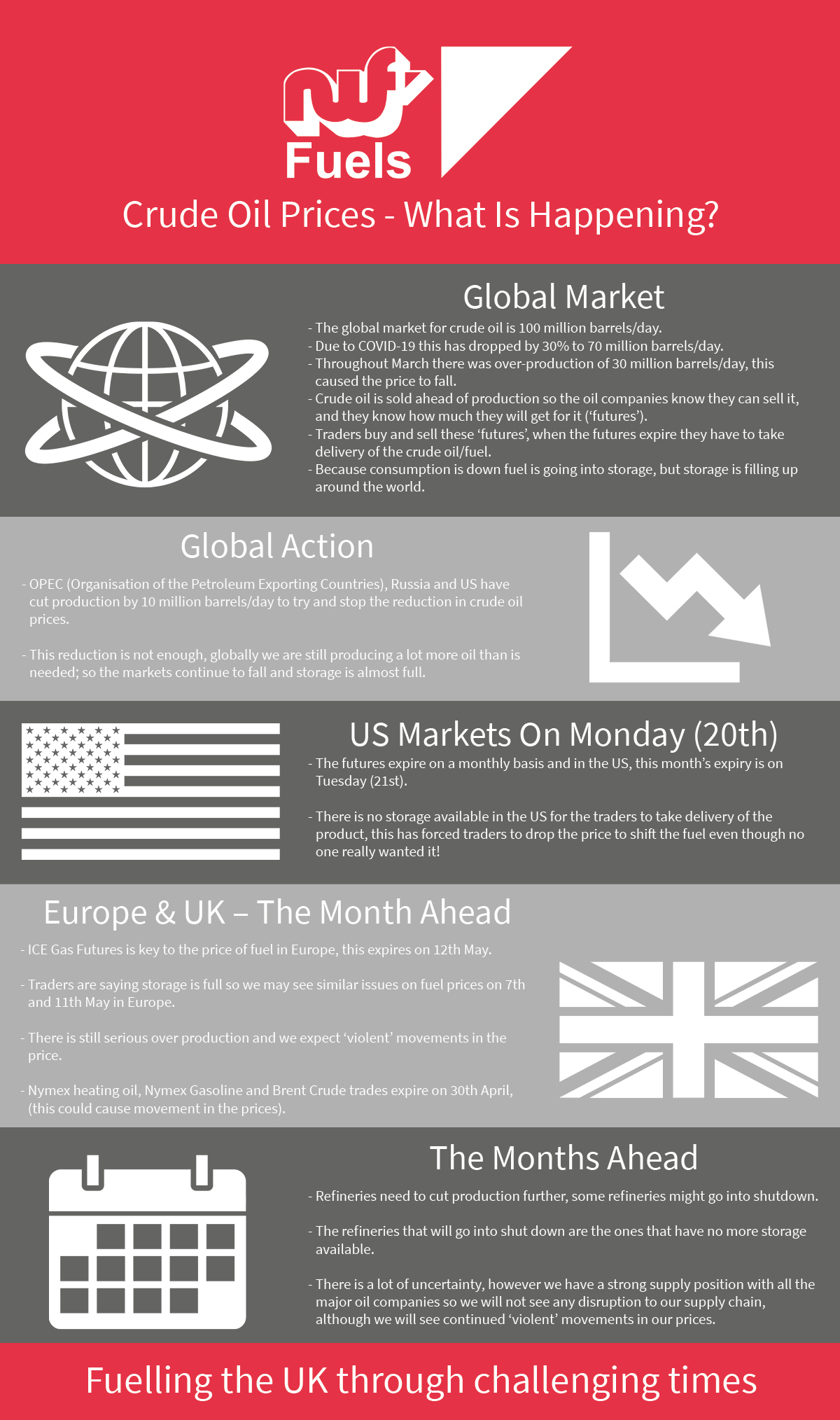When you’re looking for a heating oil provider, it’s important to choose a supplier that is equipped to meet your needs, whether you require a small home delivery or a large quantity of fuel for your commercial premises.
Here at NWF Fuels, we deliver a comprehensive range of fuel, lubricants, and AdBlue, plus everything else you might want for your fuelling needs, to domestic, agricultural, commercial, and retail customers, throughout England and Wales.
If you’re looking for heating oil delivery in your area, here are the answers to some of the most frequently asked questions:
When should I order my heating oil?
How much heating oil should I order?
How long does heating oil last?
Do you offer heating oil delivery near me?
How much will my heating oil delivery cost?
Will I receive my heating oil during busy periods?
How does home heating oil delivery work?
What do I need to do to prepare for my first delivery?
Do you have to be in to receive a heating oil delivery?
Can you use a hose that runs through my house to reach the tank?
Do you offer emergency/next-day delivery?
How will I know how much oil you have delivered?
What is the cheapest month to buy heating oil?
How long will I have to leave my boiler off after an oil delivery?
What is the minimum heating oil delivery in the UK?
Heating Oil Delivery FAQs
Is heating oil safe to use?
Yes, heating oil is extremely safe – in fact, it’s considered the safest type of domestic heat.
When should I order my heating oil?
We’d recommend, ordering your next top-up of heating oil once you’re down to around a quarter of a tank. However, during busy periods, it can be worth ordering earlier.
How much heating oil should I order?
The amount of heating oil you will need depends on the size of your tank, as well as how much oil you have left.
You can find out more here or speak to our team for further advice when ordering.
How long does heating oil last?
Once you’ve taken delivery of your home heating oil, the amount of time it will last for will depend on a number of factors, including the size of the tank, tank maintenance, and seasonality.
On average, however, heating oil in a residential tank will last between 18 and 24 months. Find out more here.
Do you offer heating oil delivery near me?
Yes! We have a network of local depots throughout England and Wales, meaning we’re able to deliver to you, wherever you are. This also means that our drivers have extensive local knowledge, making the delivery process as seamless as possible. Find your local depot here.
Who delivers my heating oil?
When you order from NWF fuels, our award-winning drivers are responsible for delivering your heating oil directly to your domestic or commercial premises.
Armed with the latest qualifications and fully committed to continuous training, our dedicated and highly experienced drivers take pride in everything they do, ensuring they meet the highest standards when delivering to your home and commercial premises.
We are a leading supplier of high-quality fuels in England and Wales and have a network of depots strategically located throughout the UK. We are dedicated to delivering fuel to homes and businesses in a safe, reliable, and timely manner.
How much will my heating oil delivery cost?
That will depend on how much oil you need – find out more about heating oil prices here or get a free quote here.
Will I receive my heating oil during busy periods?
Yes. You will always have access to our extensive supply of fuel, which is stored in every region to guarantee you will receive your home heating oil without any problems, even during periods of high demand, such as the winter months.
How does home heating oil delivery work?
Once your order has been received, the oil will be collected from your local depot in a tanker truck and delivered directly to you.
We offer a variety of depot options in England and Wales, catering to the diverse needs of our customers. These include small and large depots, as well as specialised facilities for different fuel types. Our depots are also equipped with advanced technology to ensure efficient and dependable fuel deliveries.
Can I pre-order oil?
If you join our Priority Club, you can ensure that your oil never runs out, while taking control of your fuel monitoring and spending. Priority members are given a free smart tank monitor, so you can pre-order and ensure you never run out of oil. Find out more here.
What do I need to do to prepare for my first delivery?
Before you receive your first heating oil delivery, you should complete the following checks:
- Check the label on your boiler
- Always check the size of your tank
- Check the oil levels in your tank.
Do you have to be in to receive a heating oil delivery?
No, providing your central heating tank can be accessed easily we can deliver whether you’re home or not.
Can you use a hose that runs through my house to reach the tank?
Unfortunately, we are not able to deliver fuel to oil tanks that require the hose to run through a residential space, other than a garage. Please speak to our team if this will cause an issue with your delivery.
Do you offer emergency delivery / next-day delivery?
We offer an emergency heating oil delivery service to deliver urgent top-ups straight to your tank. Thanks to our network of depots, we have a robust supply chain and coverage nationwide, so we have the fuel and get your emergency fuel delivery to you, wherever you are and whenever you need it.
For an emergency fuel delivery, call us on 01829 260900 or start your order online by clicking here.
How will I know how much oil you have delivered?
We have the latest metering systems on all our vehicles (fully approved by HMRC and Trading Standards) so there is never any confusion about how much oil we have put into your tank.
What is the cheapest month to buy heating oil?
Heating oil is generally cheapest between April and September as demand is low during these months.
How long do you have to leave the boiler off after oil delivery?
Once you’ve received your heating oil delivery, you should ensure your tank remains turned off for at least 30 minutes to allow any sediment to settle.
What is the minimum heating oil delivery UK?
The minimum heating oil delivery in the UK is 500 litres. This is a legal requirement set out by the UK Weights and Measures Authority.
Do I need a smart monitor?
There is no requirement to have a smart monitor on your oil tank, however, it will make delivery easier. Using a smart monitor, we can remotely monitor your fuel tank level and set up alerts to our local depot when your levels are getting low. This means we’ll be able to route a load to your tank whenever it’s needed, ensuring you never run out of oil.
Click here to find out how you can join our Priority Club and get a free smart monitor for your oil tank.
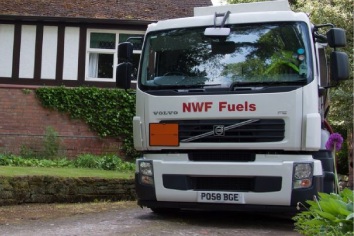
Why buy from NWF Fuels?
NWF was founded in 1871 as a farming cooperative, serving farms with feed and grain. We started to deliver fuel to our customers in 1950, when ploughs started being pulled by tractors and oil heating started to replace coal.
Today, we are a dedicated fuel and lubricant business with a modern fleet of over 155 vehicles, making us the third largest in the UK. We operate from our local depot network, strategically located across England and Wales and supply a comprehensive range of fuel, lubricants, and AdBlue to domestic, agricultural, commercial, and retail customers across the UK.
But what makes NWF Fuels different to other fuel companies? It’s the attitude of the people within NWF Fuels that really makes the difference. Each sale and distribution centre is run as an independent unit, with the local manager enjoying a high level of autonomy. On top of being experts in customer service and going the extra mile every time, we track all of our tankers to ensure the highest level of service. This means we always know exactly where your delivery is.
We also have the latest metering systems on all our vehicles (fully approved by HMRC and Trading Standards) so there is never any confusion about how much oil we have put into your tank.
To find out more or to place an order for heating oil delivery, please get in touch with our team.
Contact us now
At NWF Fuels, we understand that your home is your sanctuary, and we strive to make it a haven of comfort. We’re not just about delivering oil; we’re about delivering peace of mind. With our reliable and efficient service, you can bid farewell to cold snaps and welcome the soothing embrace of a well-heated home.
But we’re not stopping there. Our commitment to excellence extends beyond mere deliveries. We’re dedicated to providing an unparalleled customer experience, ensuring your journey with us is nothing short of exceptional. From tailored advice to personalised solutions, our experts are ready to guide you every step of the way.
Get in touch with NWF Fuels today by calling 01829700120, and let us be your trusted companion in turning your house into a warm and welcoming home.



